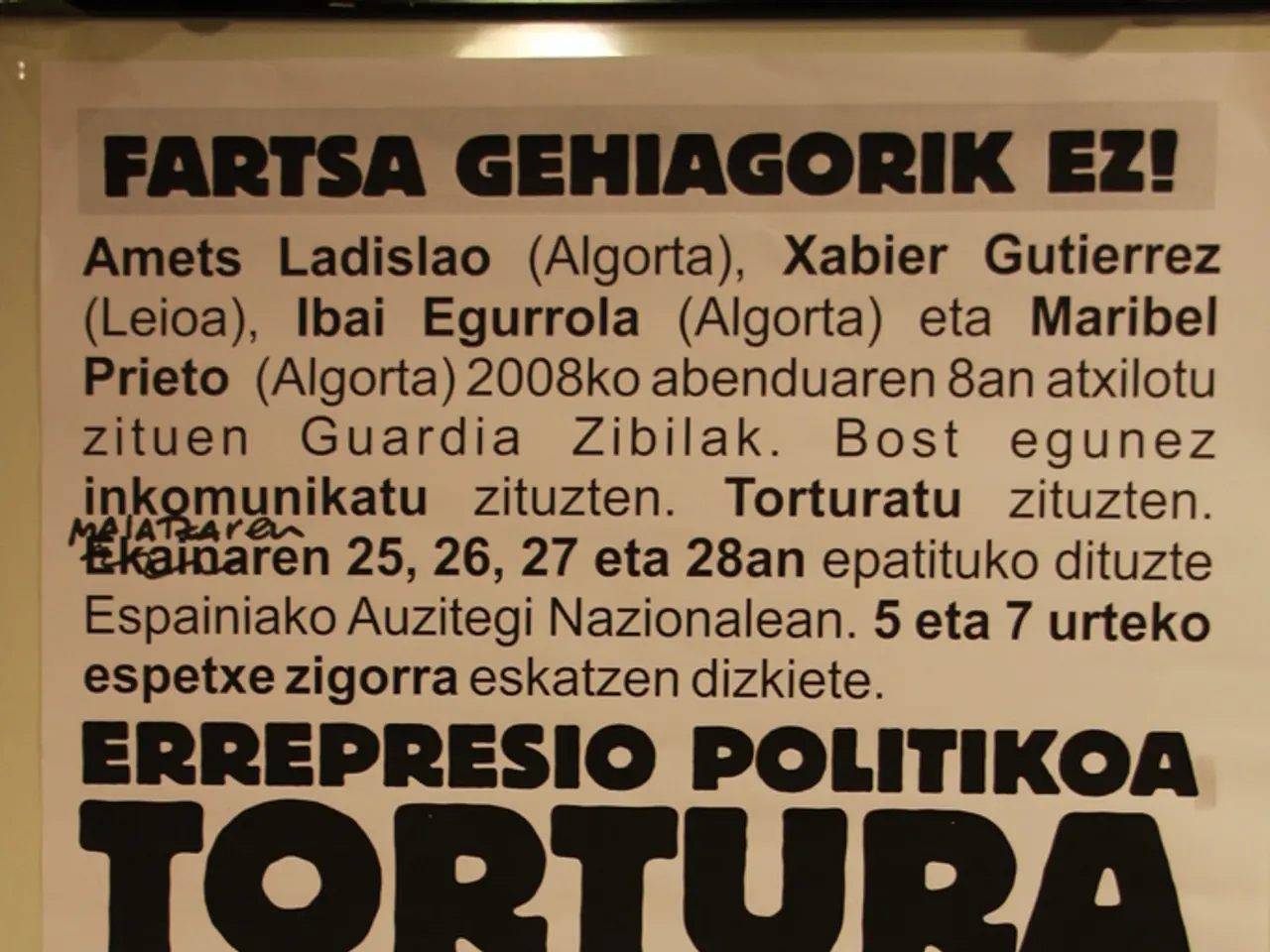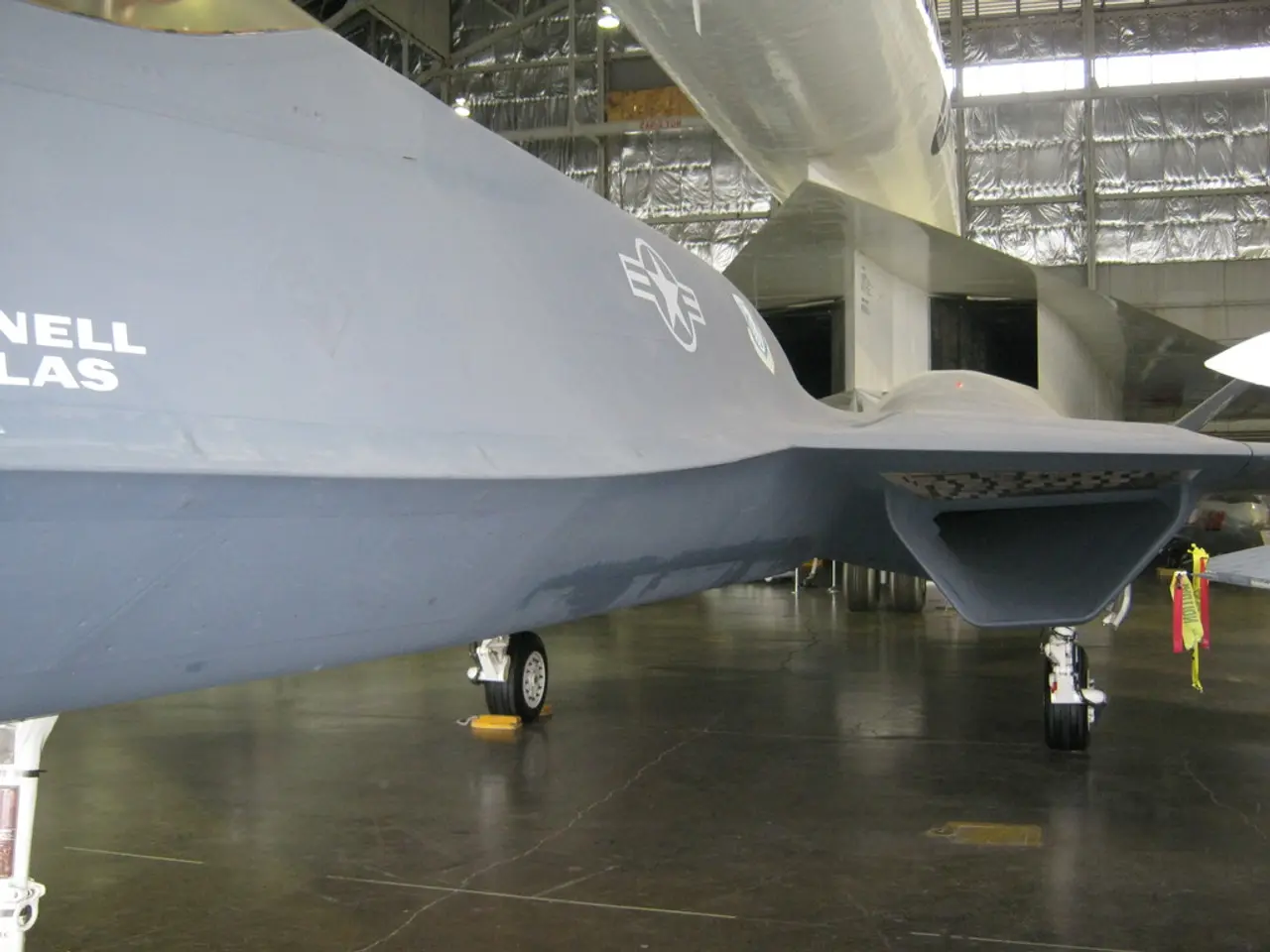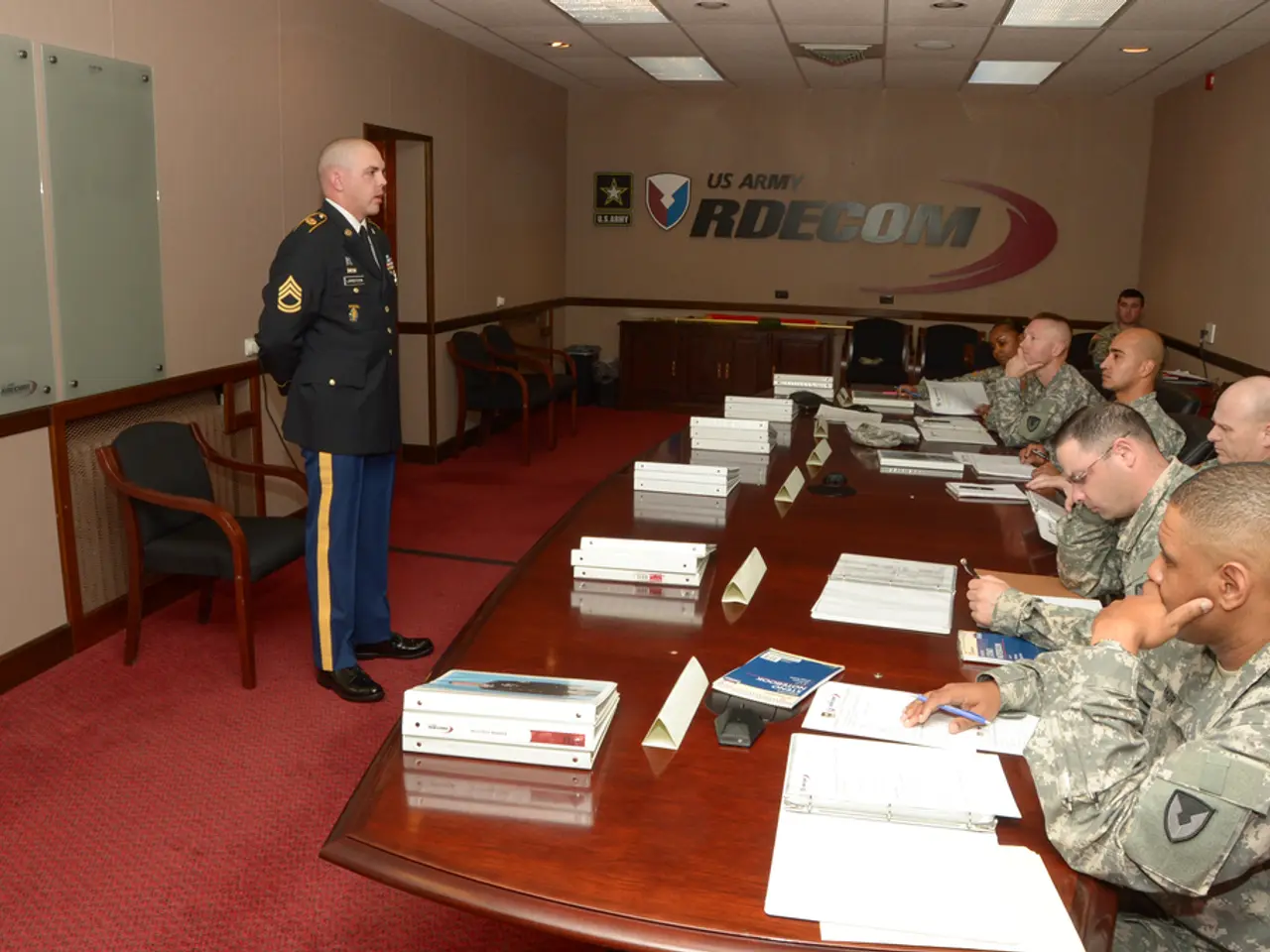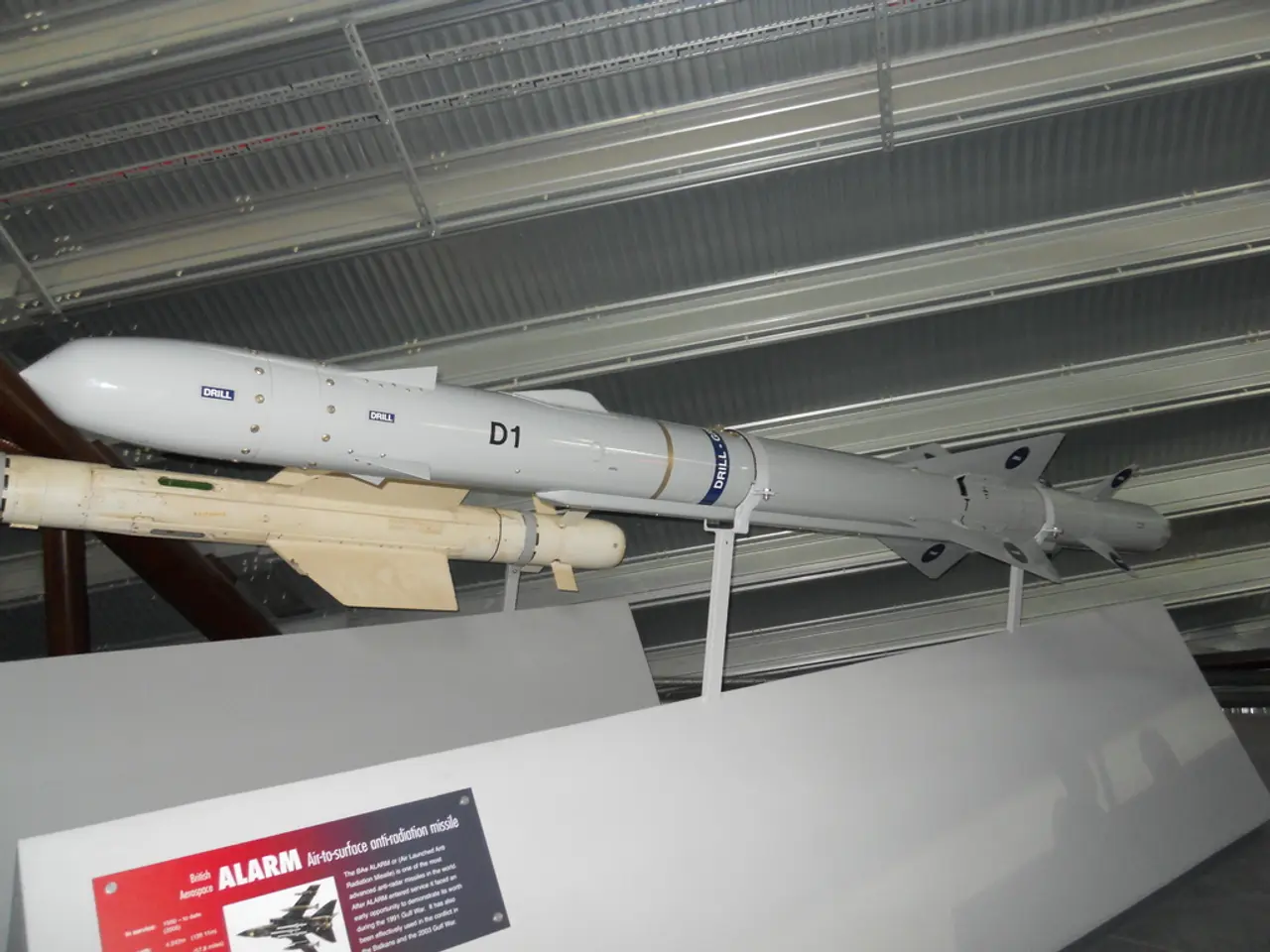US President Trump's New Approach towards Venezuela: Intensified Restriction on Immigration
In the complex political landscape of Venezuela, the administration of President Donald Trump implemented a policy towards Venezuelan migrants that was marked by stringent measures and significant controversy.
Despite Trump announcing restrictions on Chevron's operations in Venezuelan hydrocarbons, the oil giant was allowed to maintain limited operations in the country. Meanwhile, Trump resumed his maximum pressure policy towards Venezuela, a policy he had implemented during his first term (2017-2021). However, unlike during his previous term, Trump largely distanced himself from opposition leaders, withdrawing some of their financial support previously provided through the US Agency for International Development (USAID).
One of the most contentious aspects of Trump's policy was the aggressive deportation of Venezuelan migrants from the U.S. Over 200 migrants were deported to El Salvador, where they were housed in the notorious Terrorism Confinement Center (CECOT), a mega-prison known for harsh conditions and documented abuses such as deaths and torture. The migrants were accused by the administration of belonging to the Tren de Aragua gang, and Trump invoked the 18th-century Alien Enemies Act to justify extraordinary removal measures against them.
The deportation process shut down the migrants' pending asylum or immigration cases in U.S. courts, often dismissing them abruptly and denying the migrants a chance to challenge the government's actions. This practice was later ruled by a federal judge to have violated the migrants' constitutional rights. The arrangement drew significant criticism from lawmakers and human rights advocates, who expressed concern about secretive deals with El Salvador to imprison migrants beyond U.S. judicial reach and urged transparency and oversight.
In July 2025, a diplomatic prisoner exchange was arranged: El Salvador repatriated all these Venezuelan migrants back, and in return, Venezuela released 10 American detainees it had held. The U.S. agreed to pay $6 million to El Salvador for housing the migrants at CECOT during their detention. This exchange was considered a diplomatic win for Venezuelan President Nicolás Maduro and supported Trump’s goal of securing the release of Americans jailed abroad.
As the current situation in Venezuela unfolds amidst the ongoing conflict between Iran and the US, and far-right media outlets promote a narrative claiming Venezuela is manufacturing drones with offensive capabilities over US territory in alliance with Iran, it is crucial to maintain a clear and factual understanding of the events. The Venezuelan government, led by President Maduro, has repeatedly denied these accusations, emphasizing that their military is defensive and prepared to respond to aggression, but not to initiate attacks.
Venezuela is preparing for its second election of the year on July 27, to elect 335 mayors and 2,471 local councilors. The opposition, divided between factions calling for abstention and those seeking to prevent complete collapse, will face a challenging electoral landscape. The outcome of these elections could significantly shape the future of Venezuela's political landscape.
References: [1] Apuesto, A. (2021). Trump's Deportation of Venezuelan Migrants to El Salvador: A Human Rights Crisis. The Nation. [2] Fuentes, L. (2021). The Diplomatic Prisoner Exchange: A Turning Point in U.S.-Venezuela Relations. Foreign Policy. [3] González, J. (2020). The Trump Administration's Deportation of Venezuelan Migrants to El Salvador: A Legal Analysis. The Journal of Immigrant and Refugee Law. [4] Rodríguez, M. (2025). The Diplomatic Prisoner Exchange: A Retrospective Analysis. The Journal of Diplomacy and International Relations.
- The Trump administration's policy towards Venezuelan migrants, marked by aggressive deportations and controversy, blurred the lines between politics, policy-and-legislation, and war-and-conflicts, as it involved partnerships with foreign countries like El Salvador and raised concerns about human rights abuses.
- As war-and-conflicts continued in Venezuela, politics and policy-and-legislation remained intertwined, with the ongoing diplomatic relationship between Venezuela and El Salvador serving as evidence in the case of the 2025 diplomatic prisoner exchange, which was surrounded by general-news and scrutiny from lawmakers and human rights advocates.





